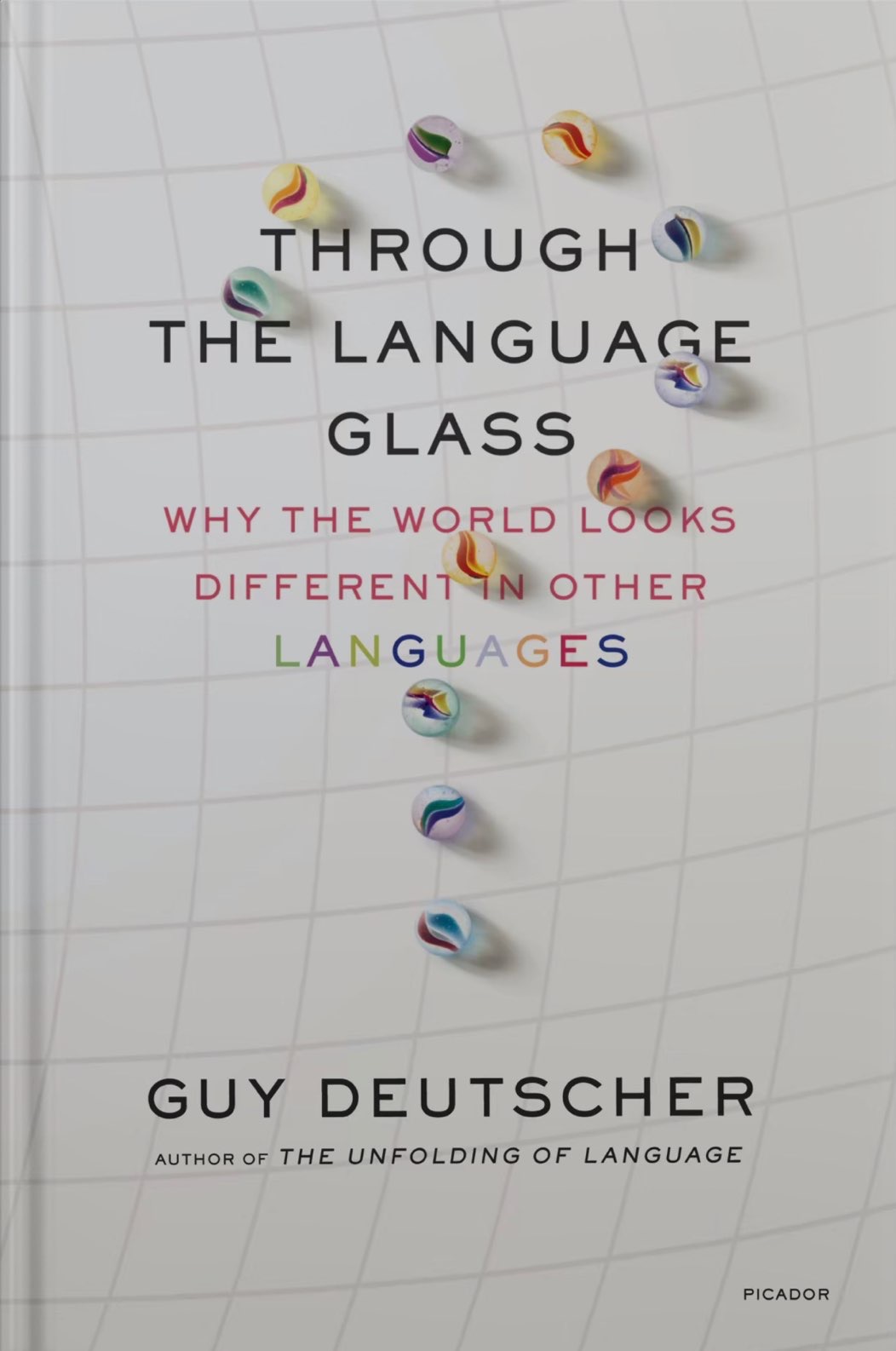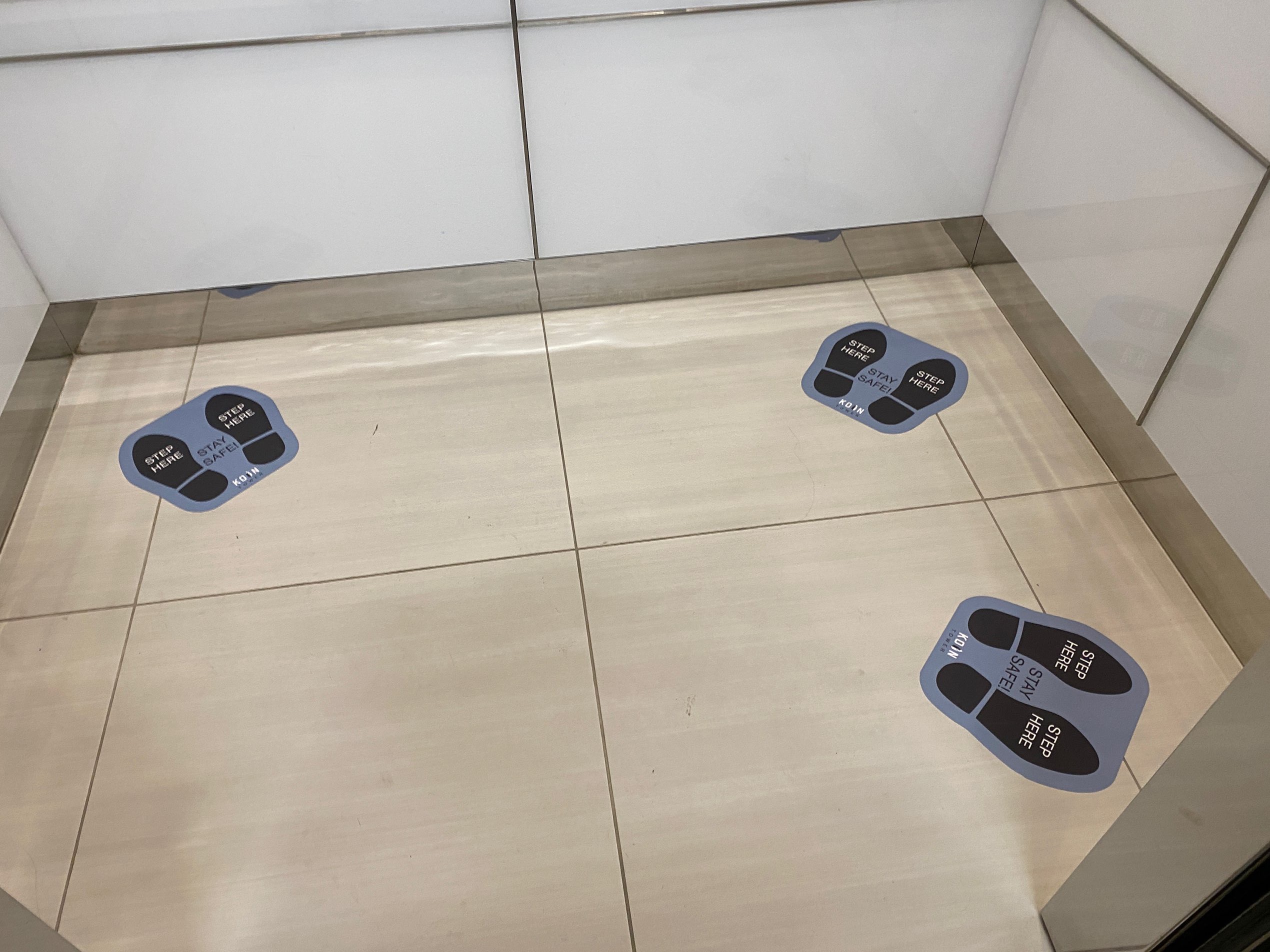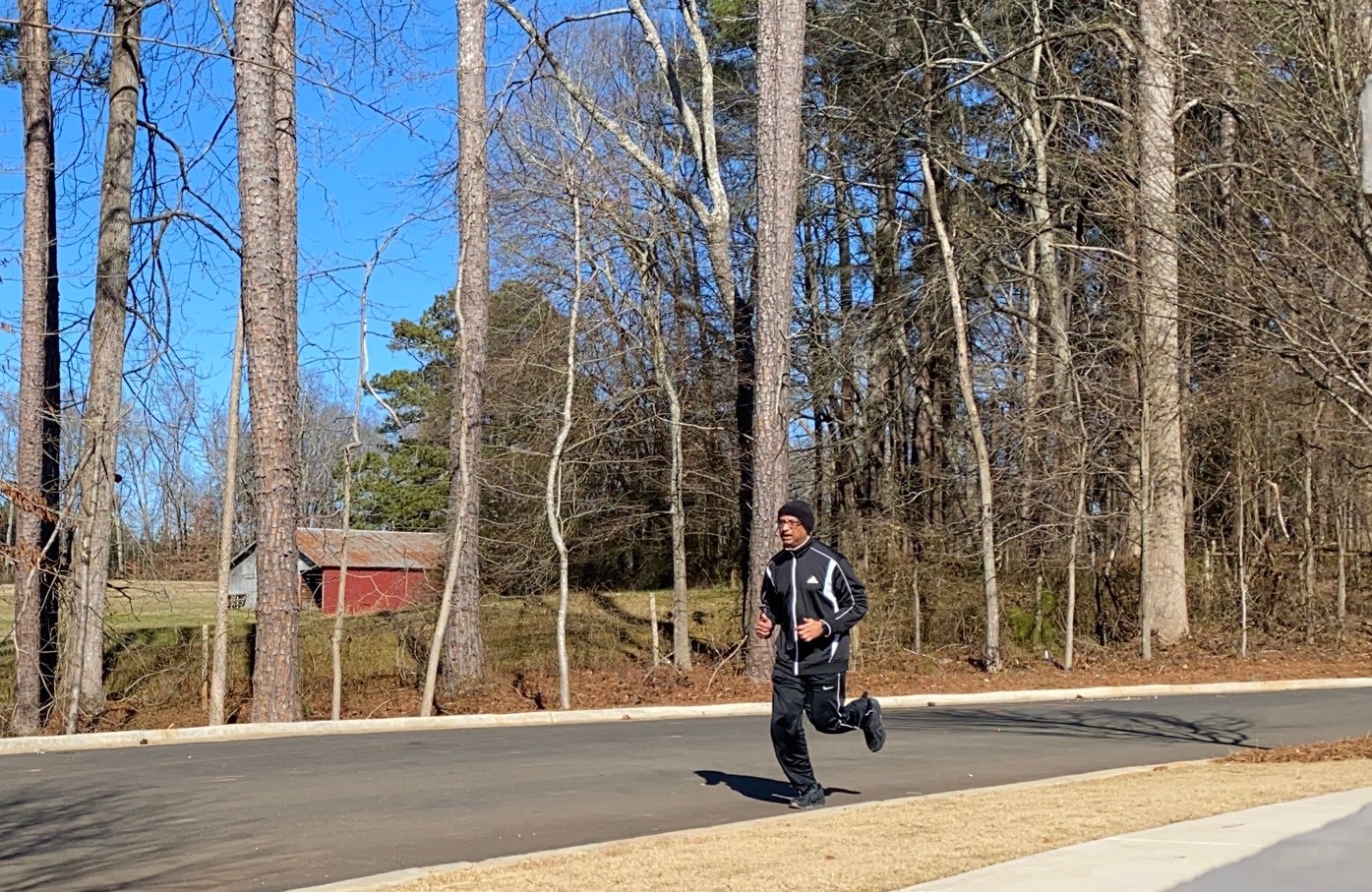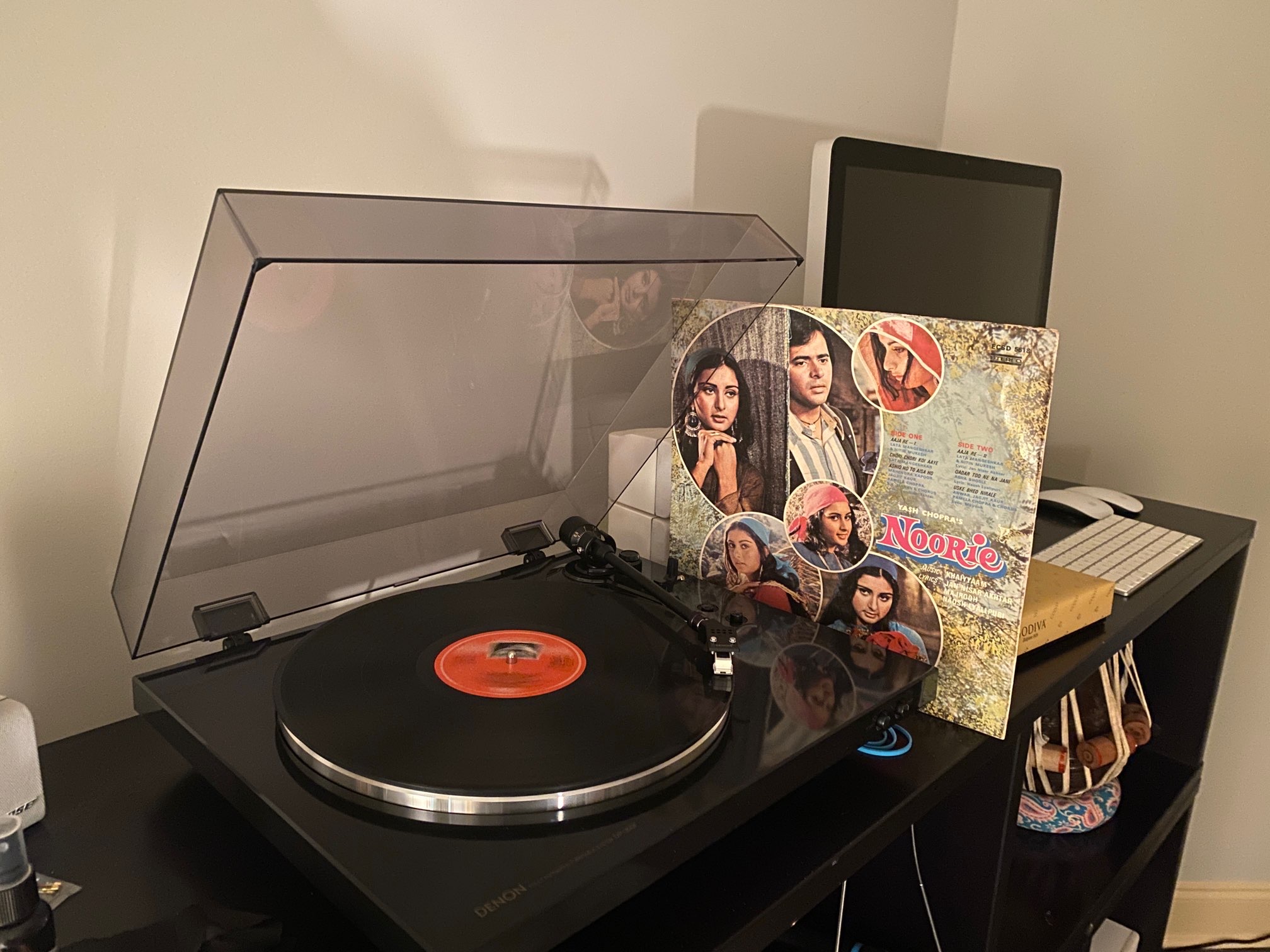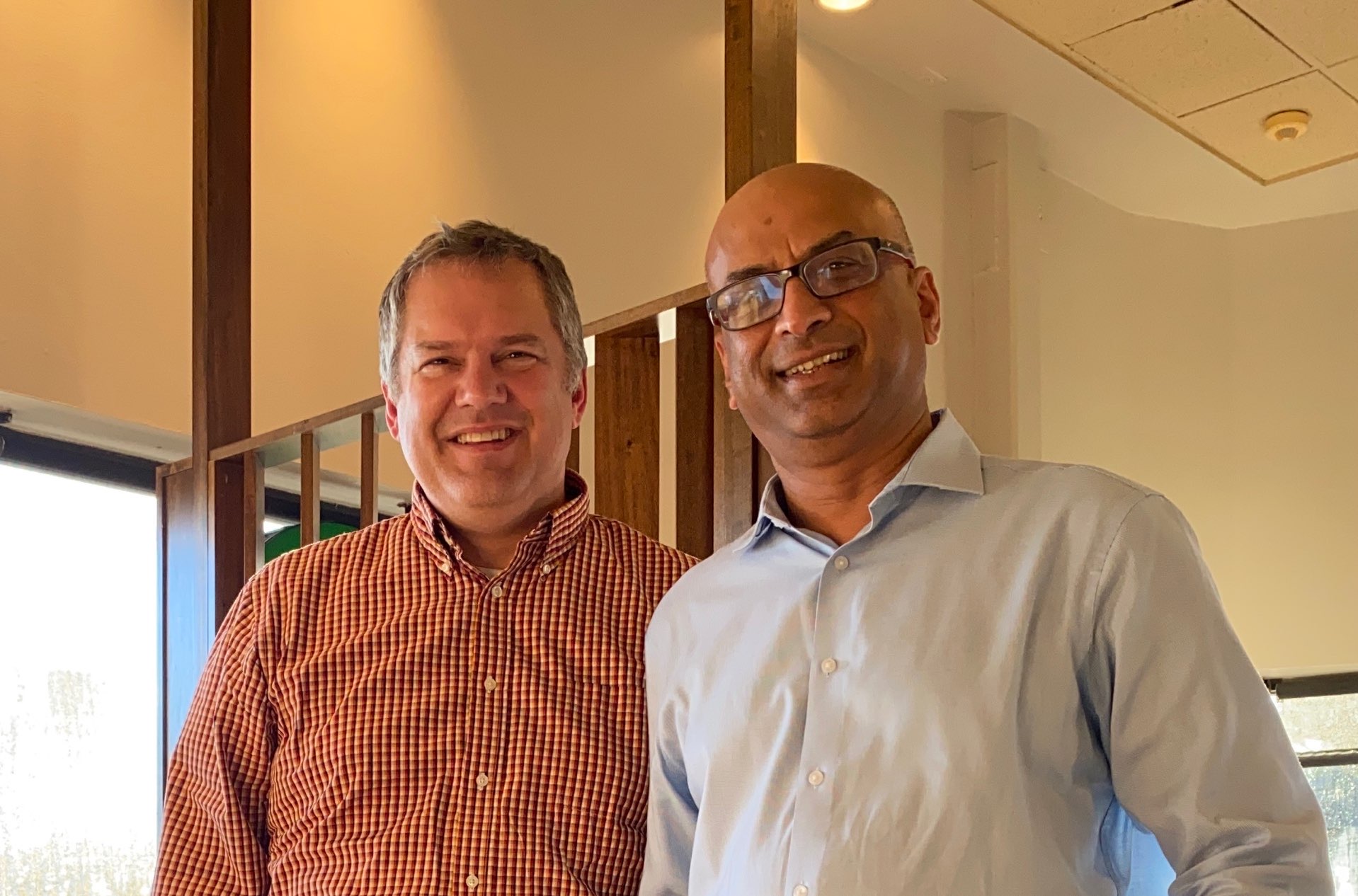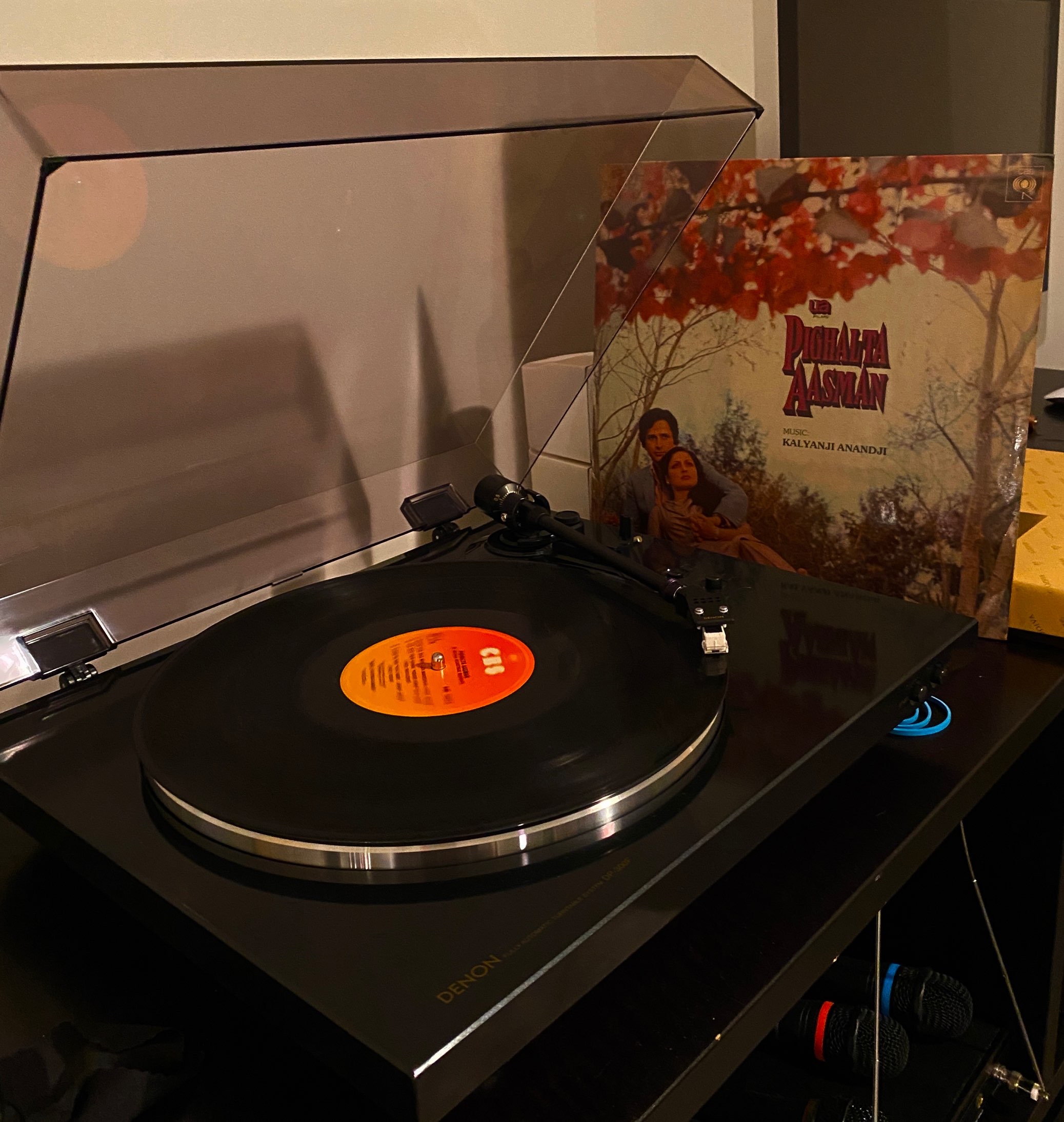By Guy Deutscher
Why the World Looks Different in Other Languages
I forget which book, but somewhere I had read that Russians have two different words for what we club as “blue”. And they “see” two different colors if you showed them the whole spectrum of “blue” whereas we see one. That had given rise to an interesting question in my mind – Does our perception of the world get affected by our mother tongue (the language we learn to express what we perceive by) or do we all perceive the same thing – we just express it differently?
During Covid, downloaded a book after quite some research – Through the Language Glass and was fascinated by what I learnt.
Found out that Russians are likely to find it ridiculous that English speakers think of two different colors – “siniy” and “goluboj” – as one color – blue. They fail to understand how we do not clearly perceive two different colors. We just don’t see how these are different. If pressed, we will admit, one is simply “deep” blue (think deep ocean color) and the other is “light” blue (this about the Caribbean waters). Conversely, we are likely to find it ridiculous that the Ovaherero people in Namibia do not see the two colors – green and blue as two different colors. We wonder – “What’s wrong with you? How can you say blue trees and green sky?”. It is not like they do not register in their brain as two different colors – it is just that they do not see what is the big need to call them two different colors. Just like we don’t see the need to label deep blue and light blue differently in normal life.
Grammar is yet another area where how we think of events get influenced deeply. Take verbs for example. In English, you have to convey to the audience the “tense” of the verb. You have to pass on the perception of if the event happened in the past, present or future. But you do not need to pass on the perception of the “person” (subject) who for example “walked”. In Arabic though, both the tense and the person is embedded in the verb. In Chinese, neither is embedded. The language grammar influences what you think are the important things to be conveyed during aa conversation.
Different languages force the speaker to pay attention to different aspects of the world every time you try to speak or listen. As an interesting (and somewhat extreme) example, there are Amazon tribes (like Matses) where you cannot just say “Rajib ran by our street”. The language will force you convey either experience (did you see him run) or evidence (he left his water bottle by your gate) or conjecture (he always runs by our street) or hearsay (your neighbor told you he ran by your street).
The most fascinating one is how certain folks (scattered all over the world – Polynesia, Mexico, Bali, Nepal, Namibia, Madagascar) have no concept of left or right. Just the four cardinal directions. Imagine that. Regardless of where they are, they always have an accurate sense of what is North!!
Even gender biases show up in how we see the world. Time and again, an experiment has been done – almost always with the same results. A bunch of Spanish folks and a bunch of German folks are shown a picture of a bridge and asked to describe it in adjectives. The Spanish – for whom bridge is a masculine noun (“el puente”) – use words like big, dangerous, long, strong, sturdy, towering… and the Germans – for whom bridge is a feminine noun (“die Brucke”) see it as beautiful, elegant, fragile, peaceful, pretty and slender!
There are many more such interesting examples from different languages. Eventually, the author answers the question that I had – although apparently, the answer has been settled for good only in the last half century – the language you speak in absolutely biases you regarding how you perceive the world.
Highly recommend this book if this is an interest area for you.
